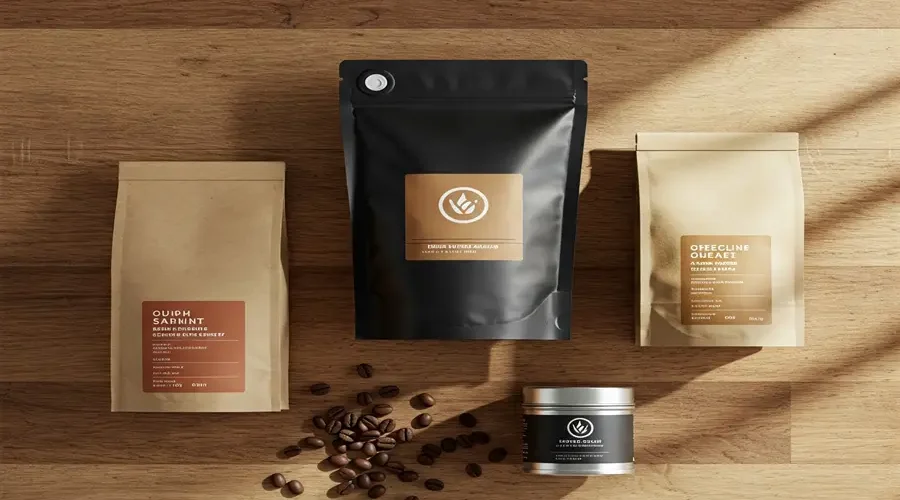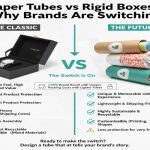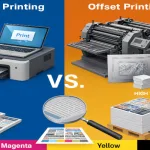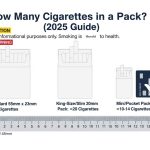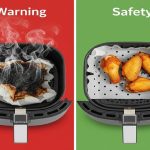Best coffee packaging protects freshness, strengthens brand appeal, and improves user experience. Whether it’s retail or direct-to-consumer, choosing the right packaging directly affects flavor, sales, and trust. Let’s break down what actually makes packaging ideal for roasted coffee.
Why Coffee Packaging Matters
Coffee is fragile. Once roasted, it begins to release carbon dioxide and absorb oxygen and moisture—two enemies of flavor. Bad packaging dulls taste, shortens shelf life, and ruins customer experience. Good packaging does three things:
- Preserves freshness
- Communicates brand quality
- Improves handling and resale
1. Freshness First: Protect Coffee Aroma & Flavor
Freshness depends on barrier strength. Oxygen, UV light, and moisture spoil coffee faster than most realize. Choose packaging that includes:
- Foil-lined materials – high-barrier protection
- One-way degassing valves – let CO₂ escape, block oxygen
- Opaque outer layers – prevent light exposure
These features lock in flavor and prevent early oxidation.
2. Material Breakdown: What Each Layer Does
Each packaging material adds a layer of performance. Choose what fits your coffee type, brand message, and shelf life goals.
| Material | Benefit |
|---|---|
| Foil-lined bags | Excellent for oxygen, moisture, and light resistance |
| Kraft paper | Eco-friendly outer shell with inner barrier layer |
| LDPE | Flexible inner lining with moisture resistance |
| PLA | Compostable, plant-based option for sustainable lines |
3. Design That Builds Trust
Customers judge quality by packaging. Design helps build credibility, guide purchase decisions, and retain loyalty.
- Clear branding – logo, values, and certifications
- Readable fonts – especially for roast date, origin, and tasting notes
- Color psychology – align design with premium or craft perception
- Symmetrical layout – improves shelf visibility and aesthetic appeal
Also include:
- Roast level
- Bean type
- Region of origin
- Altitude
- Flavor profile
These details build authenticity and help buyers make informed choices.
4. Functional Features Customers Expect
Coffee buyers expect convenience. Add features that improve usability and retention:
- Degassing valve – prevents bag puffing while maintaining freshness
- Zipper seal – keeps coffee airtight after opening
- Flat-bottom or quad-seal bags – increase shelf appeal and storage stability
These upgrades enhance perceived value, especially in premium markets.
5. Manufacturer Checklist
Partner with a supplier who delivers consistency and scale. Evaluate based on:
- Minimum Order Quantities (MOQ)
- Production lead time
- Material compliance and certifications
- Ability to print custom branding
- Support for sustainable materials
Ask for packaging samples before committing to a production run.
6. Sustainability in Coffee Packaging
Eco-conscious customers care about how packaging is made and discarded. Align with this trend by considering:
- Kraft paper or PLA-based options
- Recyclable inner linings
- Plant-based inks
- Biodegradable zipper seals
Bonus: Add visible eco labels to show your environmental commitment.
Summary: What Makes Coffee Packaging “Best”?
Best packaging doesn’t just store beans—it protects flavor, reflects your brand, and earns repeat sales. Choose packaging that balances:
- Barrier strength
- Design clarity
- Convenient features
- Sustainability goals
Invest in packaging like you invest in roasting—because both impact taste, loyalty, and long-term growth.
FAQs
What material keeps coffee freshest?
Foil-lined bags with one-way degassing valves offer the strongest protection from oxygen, moisture, and UV exposure.
Are resealable zippers necessary in coffee packaging?
Yes, especially for premium or large-size bags. Zippers help customers preserve flavor after opening.
What is the best size for coffee bags?
Popular formats include 12 oz (340g) and 1 lb (454g) bags for retail, and 5 lb (2.27kg) bags for wholesale.
Can coffee packaging be eco-friendly?
Yes. Kraft paper with PLA lining, rice paper, and compostable options reduce environmental impact while maintaining barrier protection.
How do I choose a coffee bag supplier?
Look for low MOQs, reliable delivery, support for custom printing, and experience in food-safe packaging compliance.

